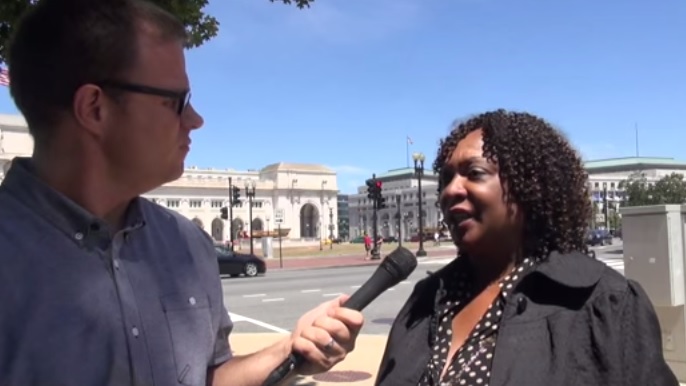
Marc Bussanich
It’s hard enough trying to run a small business in a big city like New York, but it’s even harder for minority- and women-owned businesses to survive, let alone expand, when they don’t have easy access to the capital markets like big corporations do.
Conservatives like to say they don’t want much government participation in the economy because they think the private sector is more efficient at providing services and building things. But government contracts can be a lifeline for minority- and women-owned businesses (MWBEs)—if procurement policies are structured right, and the firms position themselves properly.
Tanya Pope is the National Expansion Senior Manger for Interise, which developed a program in Boston in 2004 to help local MWBEs expand. Ten years on, the New York Economic Development Corporation recently announced a new partnership with Interise where Brooklyn-based MWBEs will participate in a nine-month training program that relies on the firm’s StreetWise MBA curriculum to learn new tools and strategies to expand.
Pope spoke to City Limits about four key issues facing MWBEs and the government agencies that are supposed to hire them:
Question 1: What types of barriers do MWBEs encounter?
Question 2: How can government contracts help M/WBEs expand?
Question 3: Are government contracts the only way for M/WBEs to expand?
Question 4: How can MWBEs’ expansion provide job opportunities?








